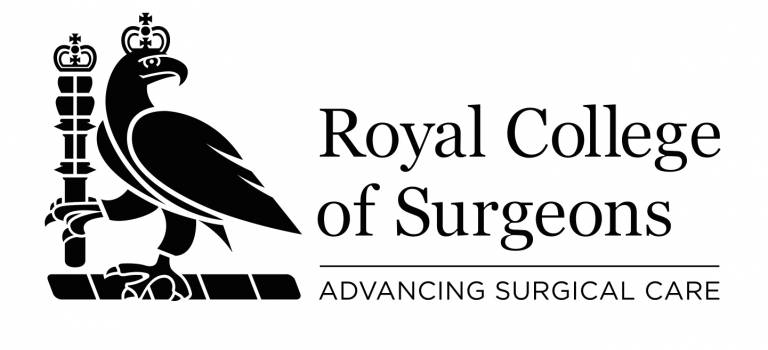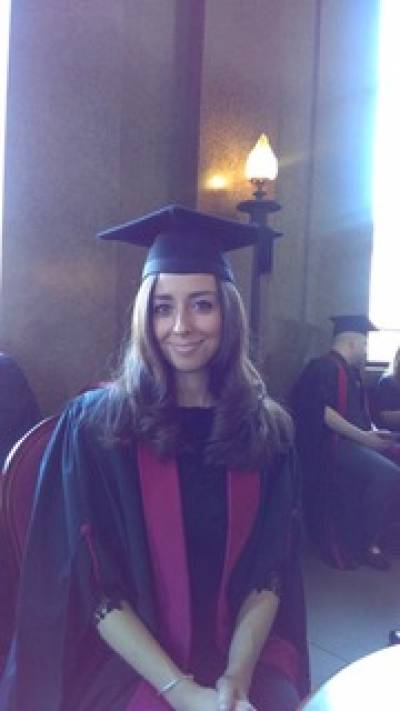i4health student Francisca Ferreira awarded research fellowship with RCS
19 July 2019
Francisca Ferreira, an i4health PhD student in her MRes year, is the recipient of a prestigious Research Fellowship with the Royal College of Surgeons of England.

Francisca Ferreira, an i4health PhD student in her MRes year, is the recipient of a prestigious Research Fellowship with the Royal College of Surgeons of England.
The RCS Research Fellowship is intended for surgical trainees studying aspects of surgery or surgical care such as basic science, diagnosis, treatment and surgical technology to allow them to delineate important research questions and pursue potentially game-changing research.
Francisca is a Neurosurgeon in training undertaking her PhD in Machine Learning for predicting optimal deep brain stimulation targets to improve the treatment of Parkinson’s disease and essential tremor (a brain disorder that causes a part of the body to shake uncontrollably). In the UK, essential tremor affects one million people and 127,000 live with Parkinson’s disease. Both cause significant disability and the annual care-home cost for people with Parkinson's disease is £600-800 million.
Deep brain stimulation is a neurosurgical procedure that involves implanting electrodes within deep-brain structures. It can be used to treat movement disorders when medication no longer works, however, its success depends on precisely targeting only the right brain structures.
Francisca is developing a machine learning algorithm using genetic, clinical and imaging information from a large group of patients. The algorithm will help clinicians predict which patients will benefit from surgery, the best area to target and the expected outcomes. This approach will improve the success rate of treatment and help maximise patient benefits.
The RCS Research Fellowship runs for one year and covers salary, on-costs and some running expenses.
Speaking about the potential impact of her research, Francisca said, “This research can result in technology capable of improving the efficacy of deep brain stimulation and reducing the disability in Parkinson’s, a disease that's becoming increasingly common as our population ages. This research may help pave the way to build similar platforms for the use of DBS for other established and experimental conditions”.
During her PhD, Francisca will be working in the Unit of Functional Neurosurgery at the UCL Queen Square Institute of Neurology. The unit is dedicated to the treatment of movement disorders, neurological and psychiatric conditions with neurosurgical techniques - particularly with deep brain stimulation. She will be working closely with her clinical supervisor Dr Harith Akram and her engineering supervisor Prof John Ashburner. Her other joint supervisors are Dr Christian Lambert and Dr Gary Zhang (Director of i4health).
Francisca also receives funding for her PhD from the EPSRC and Brain Research UK.
 Close
Close


